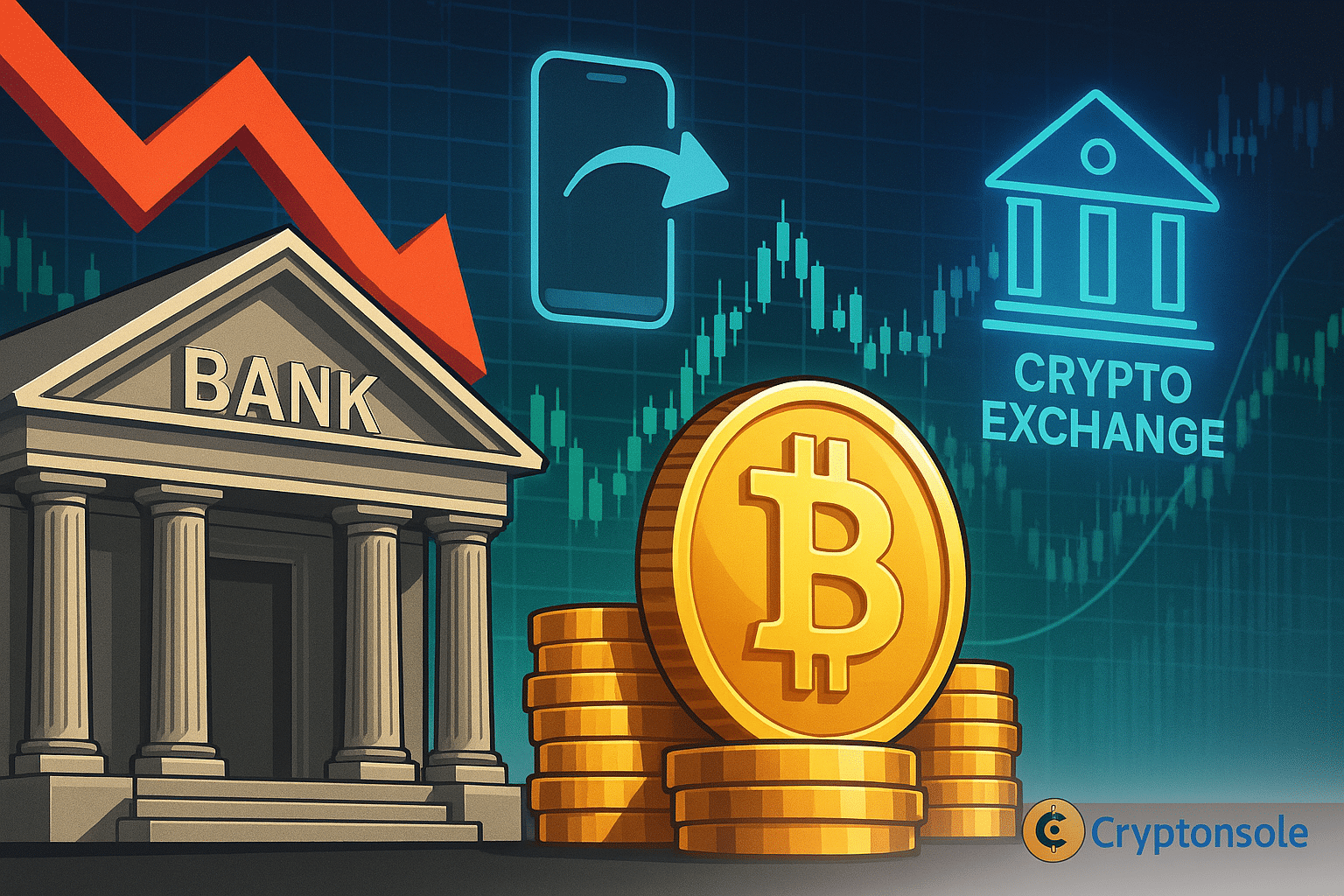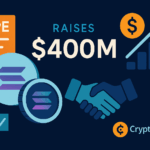Key Takeaways
- U.S. banking groups are urging amendments to the GENIUS Act, citing potential risks.
- They warn the Act could allow crypto exchanges to bypass banking rules.
- Concerns include up to $6.6 trillion in possible deposit outflows.
Major U.S. banking associations, such as the American Bankers Association (ABA), and the Bank Policy Institute (BPI), are greatly concerned about the passage of the GENIUS Act. They say that the new legislation might be crypto exchanges allowing them indirectly to provide interest-bearing rewards to stablecoin holders— a concept that banks consider to be a great regulatory and financial1 threat—without fundamentally changing the current setting.
The banking organizations claim that this gap may empower the traditional finance sector to pose a risk in impure banking because digital assets firms will be able to conduct banking operations without observing the same rules and regulations. In case the Act is not watched, they warn, it might be the cause of the most massive deposit flight.
Stablecoin Rewards Spark Concerns
The core point of the discussion is the crypto mints’ ability to grant rewards to stablecoin owners to use them. In the best case, the payments are presented as income derived from holdings in yield-bearing products. Whereas regulators are already paying close attention to such products, they still allow them to exist.
The financial associations argue that these products look almost like bank deposits, though they are not backed by the same regulatory standards of the banking sector. Such an opening could lead consumers and institutions to redirect large money flows toward stablecoins, which would pose a danger to both deposit stability and the wider financial system.
Potential $6.6 Trillion Outflow Risk
The most significant statement among those made by the banking groups is that there could be an $6.6 trillion deposit outflow. What this number represents is the money that could move from traditional bank accounts to stablecoins if these organizations were allowed to provide semi-interest incentives.
If such funds were to be transferred in this way it would not just weaken U.S. bank deposits but potentially destabilize credit markets as well. In order to provide loans, mortgages, or credit to businesses banks depend heavily on deposits. In the case of a shortage of liquid assets, the risk of adverse effects on the economy would be significantly higher.
Push for Legislative Amendments
The ABA and BPI are encouraging lawmakers to reconsider and revise the GENIUS Act before the full implementation of its provisions. Their contention is that, in the absence of unambiguous terms and tightly regulated bounds, the Act may unintentionally put digital asset companies in a better position than banks.
The groups also underscore the need to be sure that the regulatory framework is level. They believe that crypto exchanges must not be given the opportunity to act as de facto banks without going through the same capital, liquidity, and compliance verifications as established ones.
What This Means for the Financial Industry
The debate brings to light the ongoing conflicts engulfing traditional banking and crypto innovators. Banks are on one side and are concentrating on the preservation of stability, as well as the security of deposits. The crypto industry, on the other hand, is never satisfied and is constantly seeking ways to devise more flexible models so as to attract more users and thus, more capital.
As it stands now, the Act is likely to set up a new era of competition between banks and stablecoin providers if it is not overturned. However, this rivalry without the presence of full oversight could pose systemic risks that might spread throughout the financial zone.
Summary
The GENIUS Act has inflamed the reaction of U.S. banking groups, which see its loopholes as gateways allowing crypto exchanges to run like banks without regulation. The risk potential of $6.6 trillion in deposit outflows has led the ABA and BPI to argue strongly that lawmakers need to take action immediately. The debate’s impact on traditional banking and crypto will continue to be the major factor in the shape of the financial future in the United States.
Also Read: Kraken Uses SSV Network to Boost Ethereum Staking Security
0NFXLTKU












